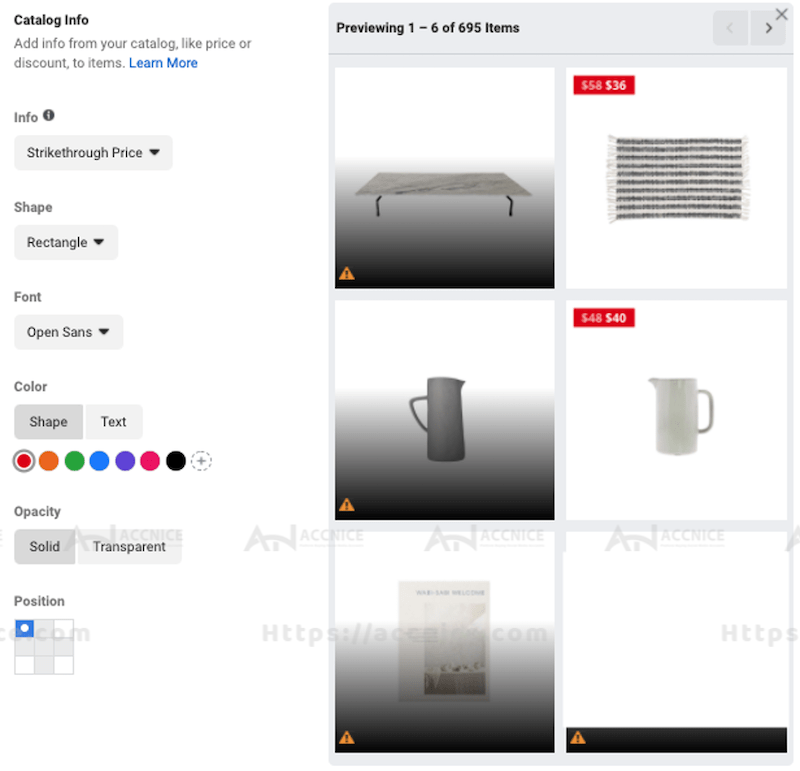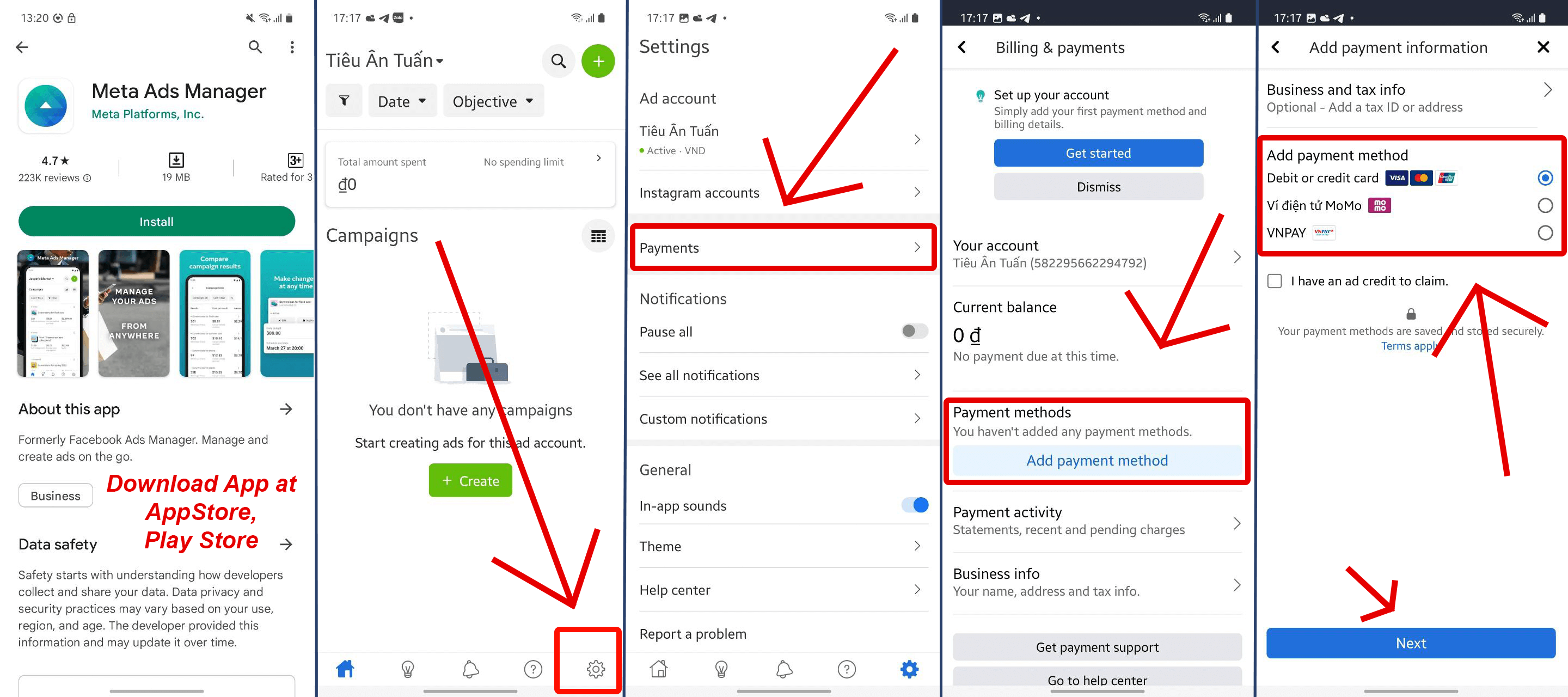Understanding Dynamic Product Ads
725 vỉew
Writing date: 2023-12-05 15:00:15

In the digital marketing universe, the emergence of Dynamic Product Ads (DPAs) has revolutionized how businesses target and engage with their online audience. These ads offer a level of personalization and efficiency previously unattainable, making them an invaluable tool for marketers. In this expanded guide, we will delve deeper into what DPAs are, how they work, and their transformative impact on digital advertising.
Understanding Dynamic Product Ad
Dynamic Product Ads are automated, behavior-driven advertisements that deliver personalized content to users based on their previous interactions with a business's website or app. They are widely used across major digital platforms like Facebook, Instagram, and Google Ads.
Tailored and Automated Content
DPAs dynamically generate ads based on a user’s past actions, such as viewing a product or adding items to a shopping cart but not completing the purchase. This personalized approach ensures that the ads are highly relevant and targeted.

The Mechanism Behind Dynamic Product Ads
Seamless Integration with Product Catalogs
To effectively run DPAs, businesses must integrate their online product catalog with the advertising platform. This integration allows for real-time updates in product information, prices, and availability within the ads.

Tracking and Targeting: The Core of DPAs
Utilizing cookies and tracking pixels, DPAs track user behavior across websites and platforms. This data enables advertisers to retarget users with products they showed interest in, thereby increasing the chances of conversion.
Advantages of Implementing Dynamic Product Ads
Enhanced Relevance and Engagement
DPAs offer a personalized shopping experience to users. By showcasing products that users have already shown interest in, these ads increase relevance, engagement, and ultimately, the likelihood of conversion.
Efficiency in Advertising
Automating the ad creation process, DPAs save time and resources, making it easier for businesses to manage large product inventories and run extensive advertising campaigns.
Best Practices for Dynamic Product Ads
Optimizing Product Catalogs
Ensure your product catalog is comprehensive, up-to-date, and includes high-quality images and detailed product descriptions to maximize the effectiveness of your DPAs.
Segmenting Audiences
Tailor your DPAs to different segments of your audience based on their browsing and purchasing behavior. This approach allows for even more personalized and effective advertising.
Conclusion:
Dynamic Product Ads have become a cornerstone in the digital marketing strategies of businesses seeking to capitalize on the power of personalization and automation. By delivering tailored content based on individual user behaviors, DPAs not only enhance the user experience but also drive higher conversion rates and maximize return on ad spend. As consumer behavior continues to evolve towards more personalized online experiences, mastering DPAs will be essential for any business looking to succeed in the digital marketplace.














